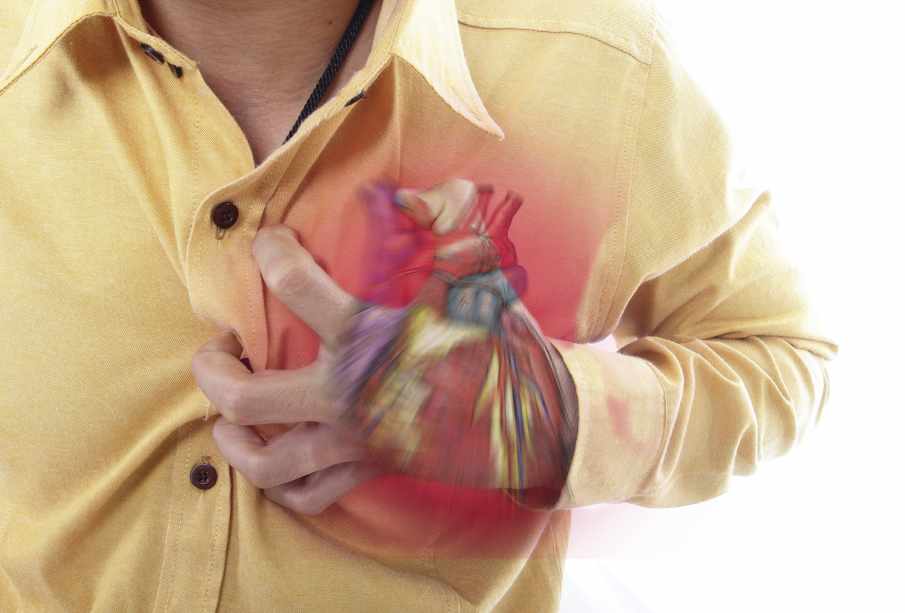What Are The Risks Of High Cholesterol?

High cholesterol can pose some pretty severe risks to your body and health. It is mostly caused by a poor lifestyle and not minding what we eat. Unfortunately, Risks Of High Cholesterol is also a silent killer because there are typically no symptoms of high cholesterol until some damage has already been done.
Experts advise regular blood tests to check if your cholesterol levels are too high or at a normal level. According to the CDC, consistently high cholesterol levels put you at an increased risk of getting heart disease or a stroke. Additionally, it’s the fifth leading cause of death in the world.
Here are some Risks Of High Cholesterol associated with high levels of cholesterol:
Hypertension
The disease is more commonly known as high blood pressure and is often linked to high levels of cholesterol in the body. This is due to the arteries becoming narrower as they are lined with cholesterol deposits called plaques. This narrowing means the heart has difficulty pumping blood to the rest of the body. Subsequently, because of the strain, your blood pressure rises.
However, hypertension is manageable, and one can still lead a full life.
You need to consult a physician to test for hypertension or high cholesterol levels and work out a treatment plan.
Diabetes
Diabetes is yet another disease that is linked to high levels of cholesterol in the blood. It occurs because of an upset in the balance between LDL and HDL cholesterol levels. Patients living with diabetes have LDL residues stuck on their artery walls. The residues damage the walls and continues to form a plaque.
Glucose attaches to the lipoproteins that make up cholesterol in order to be transported around the body. Having high levels of LDL cholesterol is believed to cause blood sugar levels to remain higher for longer, thus eventually leading to diabetes.
Coronary heart disease
Heart disease has to be the most significant risk of high cholesterol. If the cholesterol levels are very high, the cholesterol will form a lining in your arteries. The arteries are the vessels that transport blood to and from the heart.
When this passage of blood is compromised, it puts one at risk of getting coronary heart disease.
Additionally, when this passage is narrowed, the flow of blood slows down. When there is not enough blood circulating, one experiences chest pains (angina). Angina is very painful, and in some instances, can lead to a heart attack. If you feel at risk, it’s advisable to hire an individual that has received their ACLS certification and will be able to assist in cases of heart failure.
Transient ischemic attack (TIA)
In simpler terms, this condition is called a mini-stroke. It is typically caused by a shortage in the supply of blood to the brain.
This results in a lack of oxygen being delivered to the brain and causes one to experience symptoms similar to those of a stroke. The symptoms may include:
- Weakness in the limbs
- Lack of speech
- Numbness
However, compared to a stroke, TIA does not last very long, with the effects normally lasting only a few moments. One should make a full recovery within a day. However, do not take your chances with TIA. It is also a warning sign, and you should always seek immediate medical assistance.
Peripheral arterial disease
This is a common condition that causes the blood vessels (typically in the legs) to narrow. Experts have it that this condition can also cut off blood supply to your kidney, stomach, and head.
However, it is treatable, and your physician will probably recommend using Plavix or aspirin therapy to reverse this condition.
Here are some ways to reduce high cholesterol in your system
- A change in your diet is essential. Reduce your consumption of foods rich in saturated fats, avoid trans fats completely and try to include more foods rich in Omega 3 fatty acids in your diet.
- You could also consider including the following in your diet:
- Nuts
- Beans
- Apples
- Grapes
- Vegetable oils
- Exercise as often as possible
- Make it a priority to lose weight
- Avoid tobacco or any form of smoking
- Take alcohol with restraint
- Take fish oil supplements







